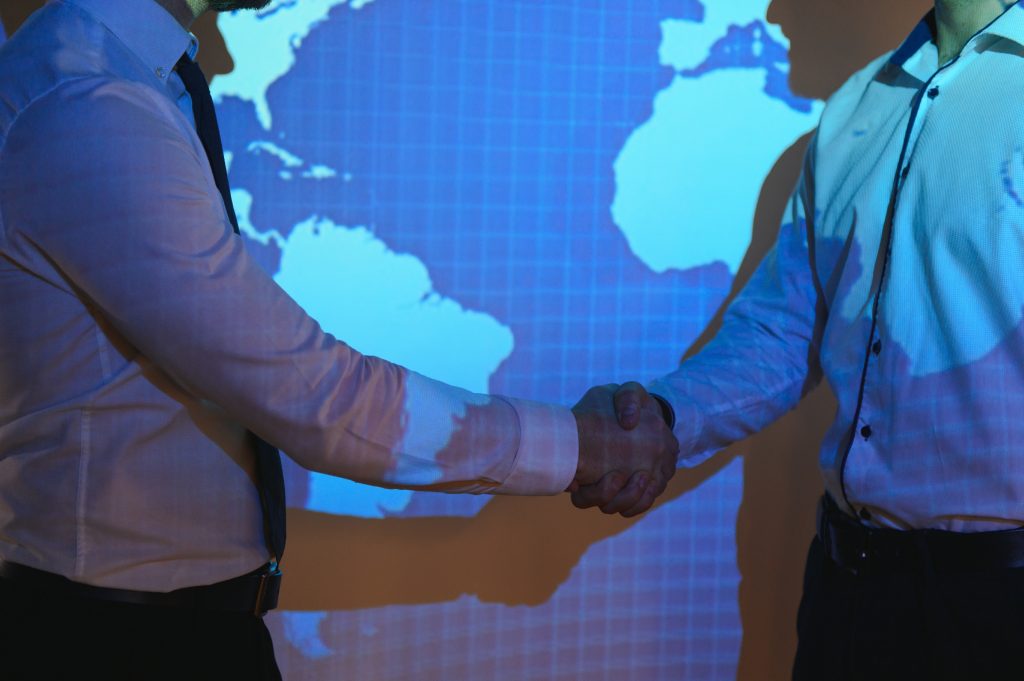Morrisons has enjoyed a bumper sales boom this year, and with this latest announcement, it has confirmed it will take the ambitious steps to bring its own label brands to the Thai market through its partnership with a market leader, Big C.
It’s well known that western brands have often struggled to gain a foothold in emerging markets through a combination of errors.
With McKinsey predicting consumer spending in emerging markets to top $30 trillion by 2025, these errors can be costly for global expansion but it also shows the opportunity for those brands that get it right.
What is the ‘followers’ advantage’?
The UK’s fourth largest grocery brand’s chances of success will be aided by how it leverages the “followers” advantage it has from the brands that preceded it, such as those who have tried and failed to make inroads into high growth emerging markets.
These ‘followers’ offer a playbook for successors to follow. So what are the common mistakes brands can make when entering emerging markets?
Underestimating the strength of incumbent brands
One of the key issues is that, despite their relatively minute resources, local incumbent brands can be surprisingly resilient against the encroachment of multinational larger-than-life brands into their territory.
Kenya presents an interesting case study here, where its homegrown detergent named Toss has been chipping away for a number of years at the market share of Unilever’s 60-year-old market leader, Omo.
It doesn’t just stop at detergent Kenya’s major telco brand, Safaricom (and its subsidiary M-Pesa), consistently leads the lists of most prominent brands in the country. The success of the brand is so unparalleled that last year it established its new e-commerce platform, Masoko, with the ambition of being the Amazon of Africa .
‘West’ isn’t always best
The lesson here is that just because a brand is huge in its Western home markets, that doesn’t necessarily mean they?ll automatically be huge in new markets. After all, local brands understand better their market and cater better for the needs of their customers as a result.
If new market entrants are to beat incumbents, they not only need to understand what local brands are doing well, they?ll need to do it better.
This requires knowledge that only through market insight can provide which too few brands sufficiently explore, and this oversight can hinder entry into the market or even prevent it full stop.
Taking a market at face value
When Indian telco brand Bharti Airtel sought to expand beyond the seventeen African countries it was already operating in, it undertook a campaign featuring images of the Savannah, actors from South Africa and usage of coins for the entire continent.
The problem here is many Africans have never seen the Savannah, aren?t from South Africa and predominantly use only paper currency. Needless to say, the one-size-fits-all ad campaign flopped and was followed by bespoke campaigns for different markets and these resonated better with the audiences the brand wanted to reach.
Authenticity is key
This anecdote shows how market expansion needs to be led by and intertwined with authentic branding, advertising, and communications strategies.
Marketing strategies should be hyperlocalised so they cater for the nuances and idiosyncrasies underpinning the needs of each community within the market. Copy and paste strategies from one’s home market simply won’t do.
Too many companies hire agencies which themselves lack true local insight. So many agencies operate a “hub and spoke structure with regional offices in places like Johannesburg for the African continent or Dubai for the Middle East. But for brands doing business in ?real” Africa, gaining real market insight means being on the ground in Nairobi, Dakar or Addis Ababa.
Indeed, it can mean getting into the slums of Kibera in Nairobi. Naturally, this goes hand-in-hand with recruiting local people to ensure the market is understood inside out.
Stopping at the product: The Apple example
It’s well known that despite Apple’s size, it struggled to make inroads in certain markets, only opening its first store in India the world’s second-largest smartphone market – in 2015, a full eight years after making its first attempted entry.
Factors contributing to the iPhone’s struggles may have included its single sim format, weak battery life an array of superfluous apps that were not addressing the needs of people in the market.
It shouldn?t come as too much of a surprise that you’re more likely to see brands with roots and origins in emerging markets like Xiaomi, Samsung, Vivo and Oppo topping most lists of most popular mobile brands in India.
Big brands can overestimate their reputation
In fact, Asian manufacturers occupy 91% of the smartphone market, and the Indian government’s Made In India programme which offers smartphone brands tax incentives to manufacture locally has inadvertently helped those brands learn more about the market.
These brands offer longer battery life than the iPhone, and dual-sim formats, no doubt a conscious response to India’s less well-equipped infrastructure.
An important lesson here is for brands to consider how their product or partnerships can flex to solve such problems. Should Apple itself consider a potential of a partnership with Duolingo, helping them to break the literacy barrier?
How will Morrisons fare
As for Morrisons, there’s an opportunity for it to provide products like ready meals as Thailand transitions its eating culture from street food and home cooking to ?on-the-go” thanks to the same time pressures people feel here in the West.
Breaking into emerging markets is no straightforward feat. But if there were one lesson that captures all of the above that brands need to embrace, it’s this: don’t believe your own hype. If Morrisons enters humbly and ensures it has local insights at the core of its launch strategy, no doubt it could make a success of its move.
Jasmine Montgomery is a co-founder and CEO at Seven Brands, a company that specialises in creating and managing international brands that appeal to multi-cultural audiences.





















































































































































